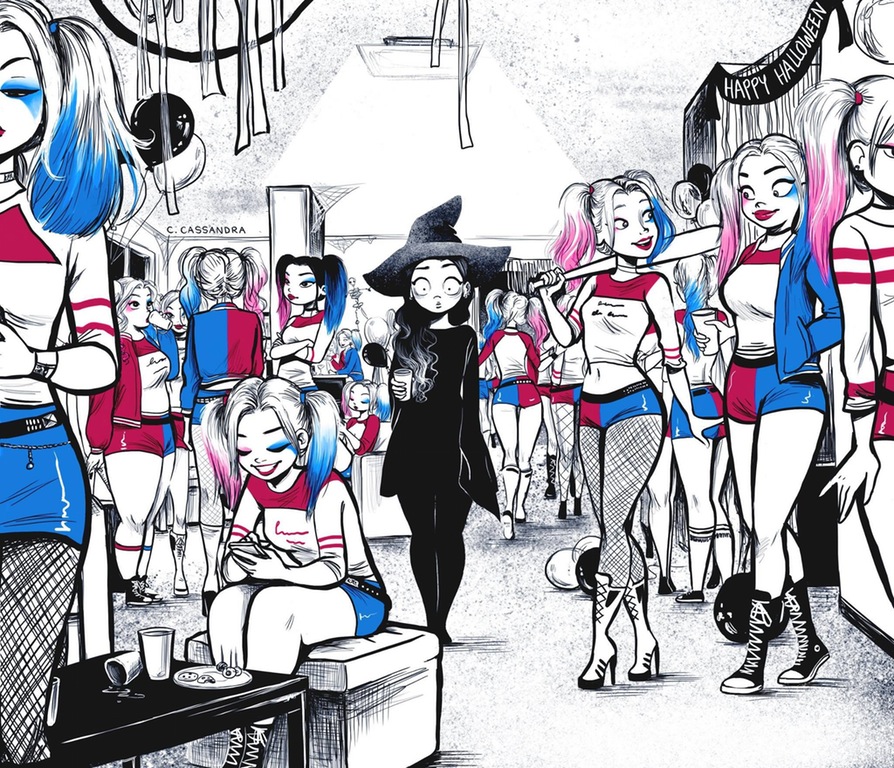
Belief is not a religious phenomenon. It is our way of coping with the future and finding existential meaning. Scientific studies show that belief in miracles contributes to greater life satisfaction. Although thinking that health problems can be solved by miraculous interventions, quite prevalent in the US population, can be dangerous. Among other things, it does not encourage good health behaviors.

Science has brought many miracles to medicine. It would never have happened if curious people had not paid close attention to the world and believed in making dreams come true.

Research indicates that the main motivation in starting new ventures is confidence in one's abilities to perform relevant tasks - that is, believing in yourself. Self-confidence and even a sense of self-importance are even more important factors than outcome expectancies.
And as the old year vanishes away, perhaps we should start 2017 with believing in ourselves, in the good things in life and in the possibility of being... pleasantly surprised. You're gonna make it after all!
Huang, L., Krasikova, D. V., & Liu, D. (2016). I can do it, so can you: The role of leader creative self-efficacy in facilitating follower creativity. Organizational Behavior and Human Decision Processes, 132, 49-62.




 RSS Feed
RSS Feed
